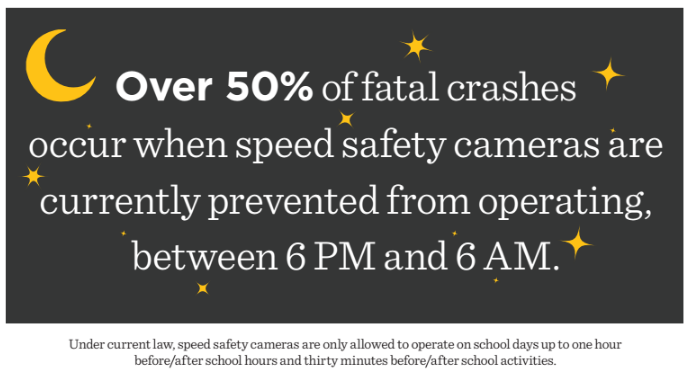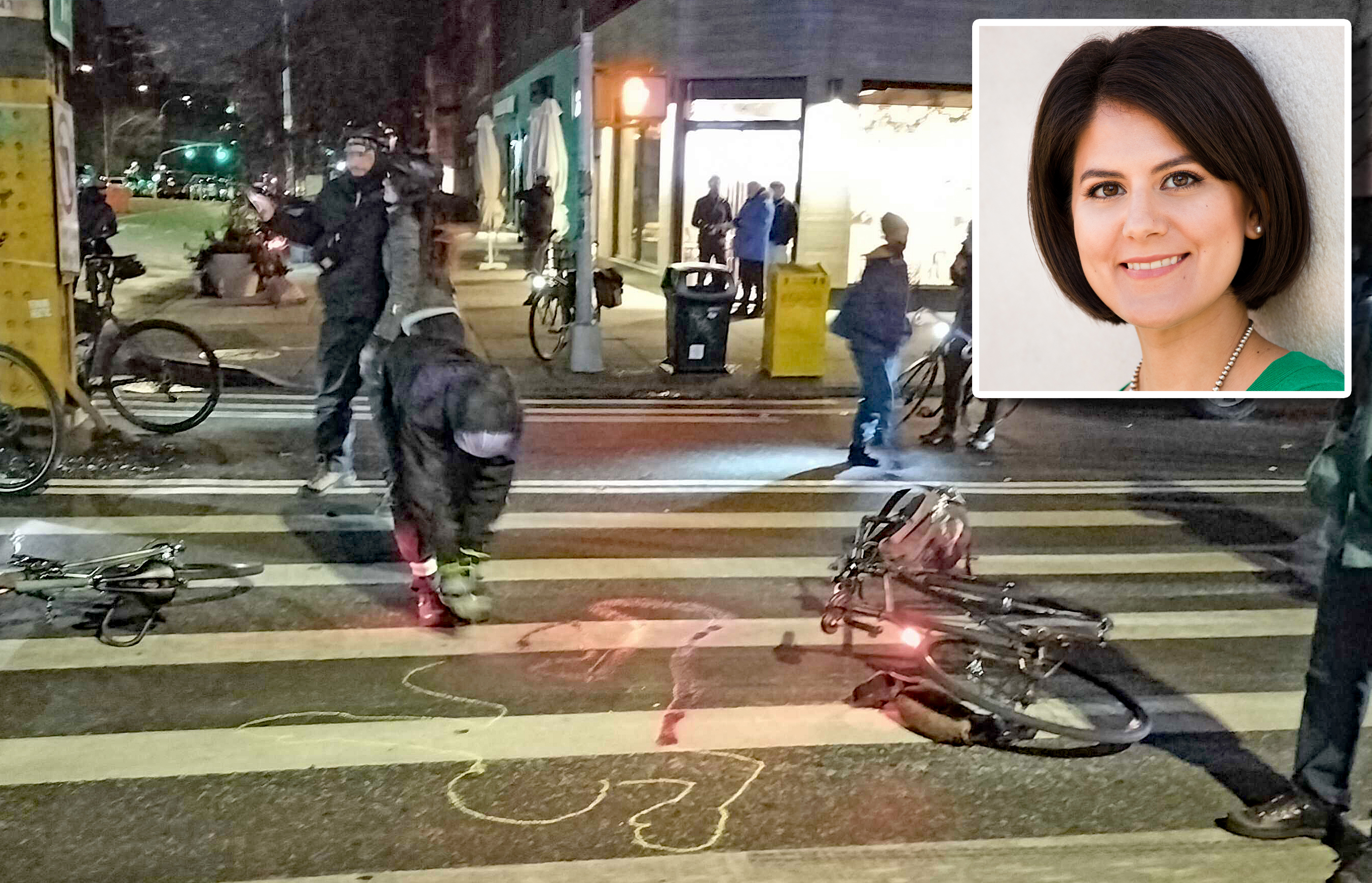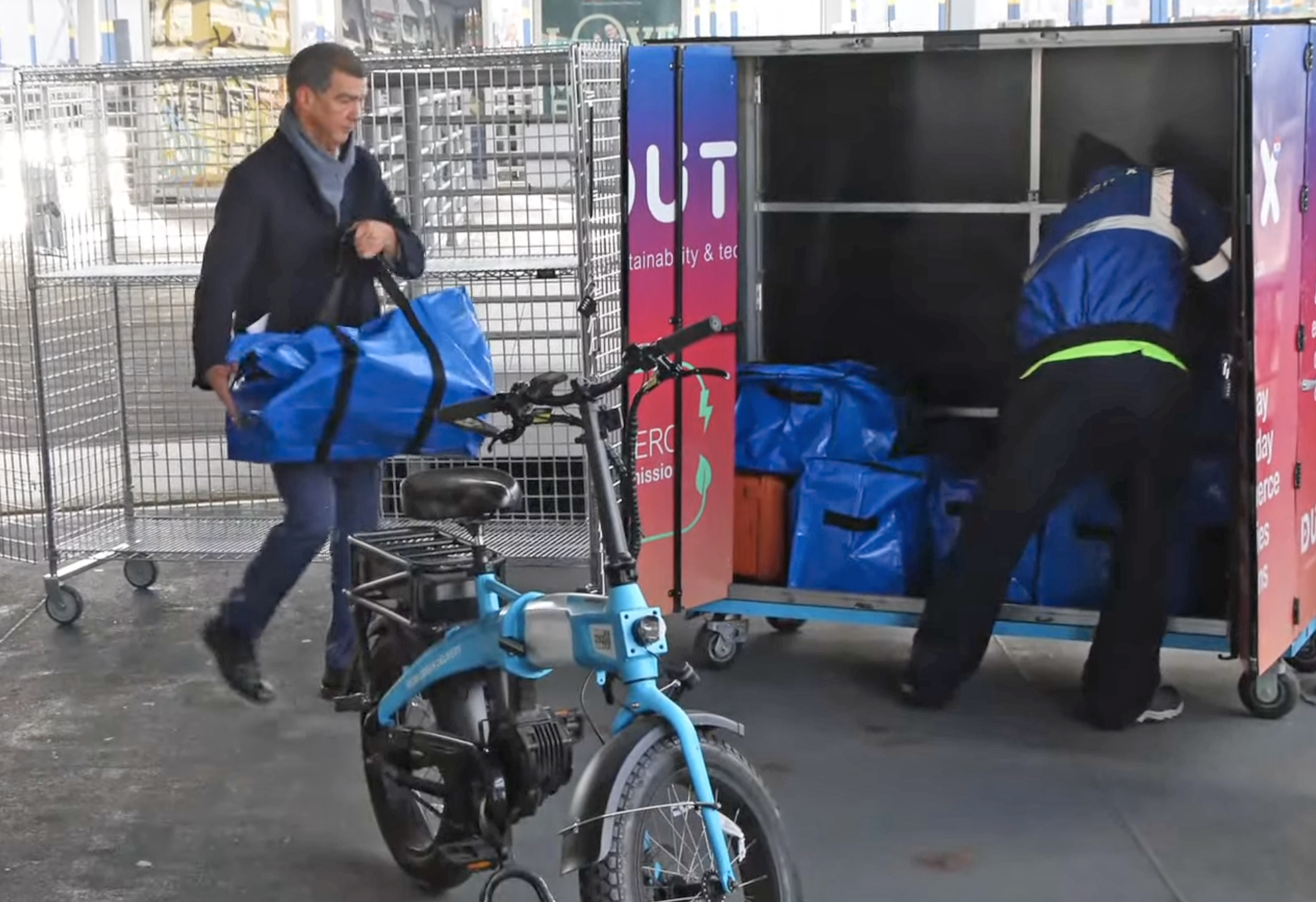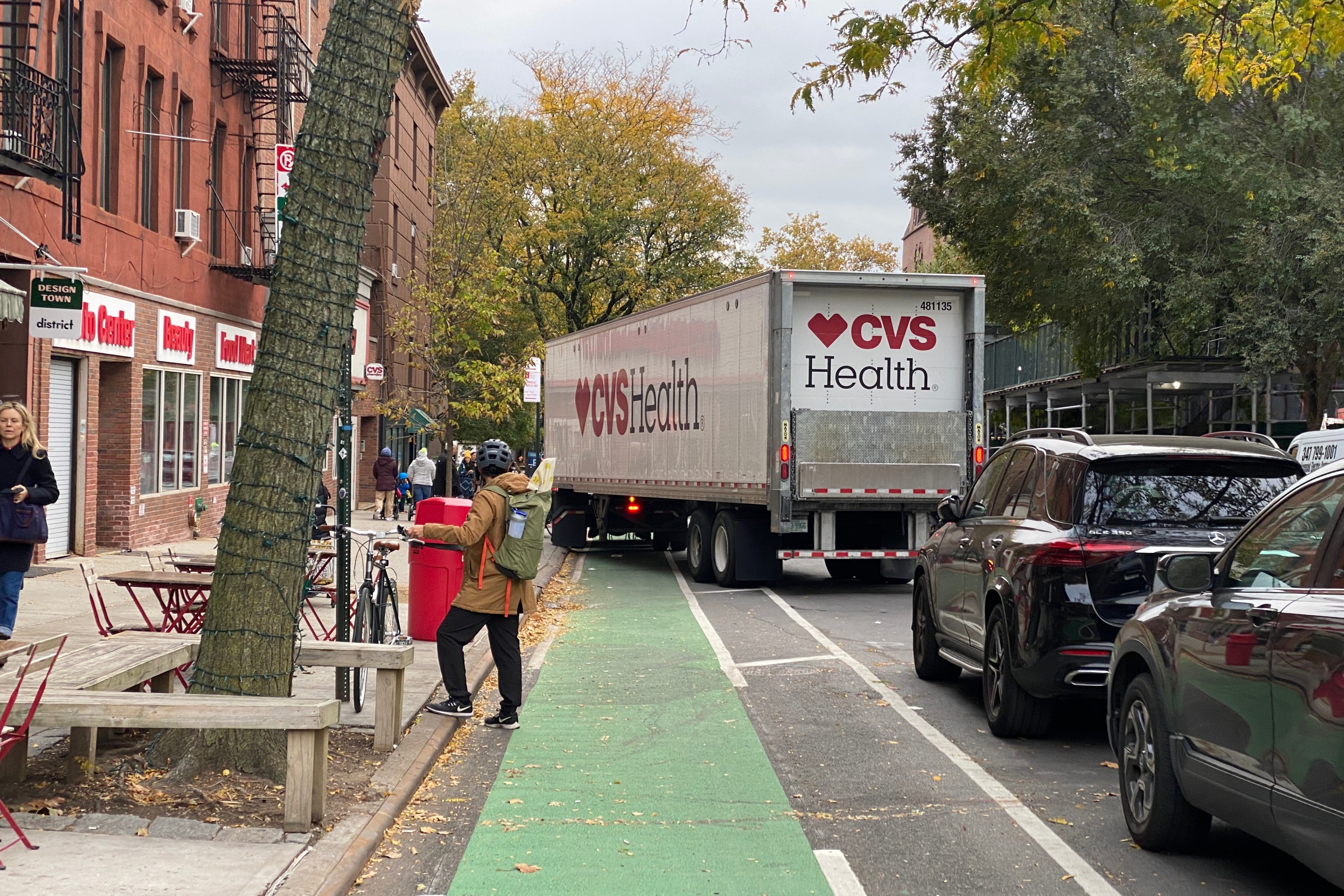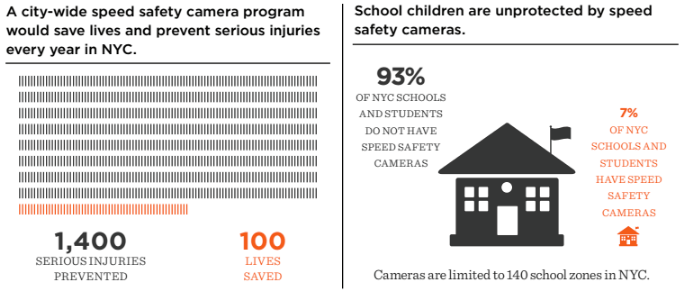
Assembly Member Deborah Glick has put forward a revised speed camera bill in an effort to pick up more votes in Albany. The new version -- Assembly Bill 10652 -- authorizes 200 speed cameras in New York City, an increase from the current limit of 140, but nowhere near enough to implement automated speed enforcement by every school, as the initial legislation (A9861) would have enabled.
With the legislative session wrapping up at the end of the week, time was running out to pass a bill. Glick's initial bill had the support of 28 of her Assembly colleagues, but Jose Peralta's counterpart bill in the State Senate seemed unlikely to pass without the support of Independent Democratic Conference chief and Senate co-leader Jeff Klein. In the past, Klein has called speed cameras "a very smart approach," but he did not step forward to support the recent bill.

Glick staffer Charles LaDuke said the legislation was amended because the initial bill "wasn't getting enough traction." Streetsblog has asked Klein's office for his position on the new bill and has yet to receive a reply.
The city's automated speed enforcement program has proven effective. Speeding was reduced 60 percent in locations with cameras, according to NYC DOT, and overall traffic deaths in the city have fallen to record lows since the cameras began operating. Still, with nearly 2,600 schools in the city, 93 percent of schools remain unprotected, and more than 200 people are killed in traffic every year.
While the compromise bill won't protect streets near every school in the city with speed cameras, it would be a significant improvement in two ways.
In addition to increasing the number of locations from 140 to 200, or 43 percent, the bill would fix a major flaw in the current program by allowing cameras to be placed within a quarter mile radius of schools, instead of within a quarter mile of a school entrance on the street abutting the school. Without this fix, cameras often can't be placed on the streets where speeding poses the greatest risk near schools, since those streets don't directly abut a school entrance.
But instead of allowing speed cameras to operate at all times, as Glick's original bill would have, the compromise defines the hours of enforcement as 7 a.m. to 7 p.m. In practice, this would be an increase of an hour or two compared to the current law, which limits camera enforcement to hours during school activities.
The compromise bill also retains the restriction against enforcement during summer recess. Not only does this limit the effectiveness of the cameras, it also causes more drivers to be fined, since the rate of speeding violations rebounds during the two months when the cameras are off.
The revised bill prohibits cameras from being installed "on a controlled-access highway exit ramp or within three hundred feet along a highway that continues from the end of a controlled-access highway ramp" -- a response to complaints about a handful of cameras placed on streets where drivers exit highways. Under the new bill, there would be less incentive for motorists to decelerate to safe speeds for surface streets at these locations.
The bill also requires the city to post signage informing drivers of the presence of a speed camera. While this may make the city more hesitant to move the cameras around to different locations, in effect it codifies current practice, said Transportation Alternatives Deputy Director Caroline Samponaro.
Although the compromise weakened the bill and won't achieve the goals of TA's "Every School" campaign, the new version gets the city's speed enforcement program closer to where it needs to be, said Samponaro. "Zero progress this session would mean maintaining the current rate of crashes and deaths, progress via this bill will reduce crashes and injuries caused by speeding," she said in an email. "That is our goal and we won't stop working on this until every school is protected."
